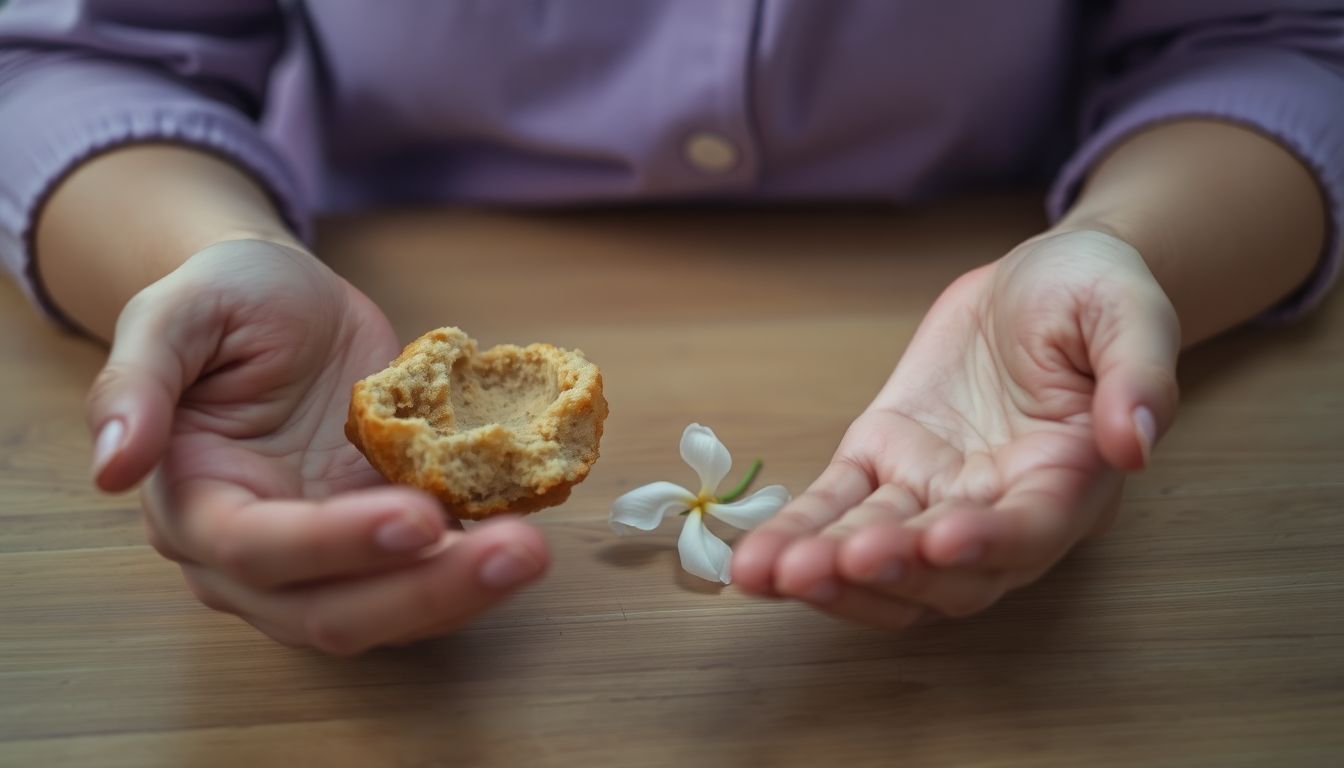
Ever felt like dating is more painful than fun? You're not alone. Dating can bring emotional pain. It's important to spot unhealthy patterns and find healing.
Understanding the Emotional Pain of Dating
Dating isn't always easy. Sometimes, it just plain hurts. Understanding where this pain comes from is the first step to feeling better. Let's look at the kinds of hurt that dating can cause.
The Spectrum of Dating Discomfort
Dating discomfort ranges from minor letdowns to deep emotional wounds. A cancelled date might sting a little. Being ghosted, though, can hurt a lot more. Recognizing this scale can help you know how to cope.
Identifying Triggers
Many things can trigger emotional pain when dating. Rejection is a big one. Inconsistent behavior can also be a trigger. Knowing your triggers helps you prepare and protect yourself.
The Impact on Self-Esteem
Dating can take a toll on your self-worth. Constant rejection can make you doubt yourself. It's easy to start thinking you're not good enough. Remember, your value doesn't depend on who dates you.
Recognizing Unhealthy Dating Patterns
Unhealthy patterns can make dating hurt even more. Spotting these patterns is key. You can break free and find healthier relationships.
Codependency and Attachment Styles
Codependency makes you overly reliant on your partner's approval. It blurs your boundaries. Insecure attachment styles can cause clinginess or avoidance. These patterns often lead to pain.
The Cycle of Idealization and Devaluation
Some relationships start with intense idealization. One person is put on a pedestal. Then, they are suddenly devalued and torn down. This toxic cycle is incredibly damaging.
Ignoring Red Flags
Everyone misses red flags sometimes. Consistently ignoring warning signs can lead to heartache. Trust your gut. If something feels wrong, it probably is.
Common Scenarios Where Dating Hurts
Certain dating situations are almost guaranteed to cause pain. Knowing what they are can help you navigate them better. You can also learn to protect yourself.
Ghosting and Breadcrumbing
Being ghosted is when someone disappears without explanation. Breadcrumbing is when someone sends inconsistent signals. Both can leave you feeling confused and hurt. These behaviors show a lack of respect.
Rejection and Unrequited Feelings
Rejection is part of dating, but it still stings. Unrequited feelings—liking someone who doesn't like you back—are also tough. Acknowledge the pain. Be kind to yourself.
Dealing with Inconsistent Behavior
Inconsistent behavior is emotionally draining. One day they're interested. The next, they're distant. It's hard to build a connection when things are always changing.
Strategies for Healing and Self-Care
Healing from dating pain takes time and effort. Self-care is essential. These strategies can help you feel better and move forward.
Setting Boundaries
Healthy boundaries are crucial. Know your limits and stick to them. Don't be afraid to say no. Protecting your emotional well-being is important.
Practicing Self-Compassion
Be kind to yourself. Dating can be hard. Treat yourself with the same care you'd offer a friend. Recognize your worth.
Seeking Support
Don't go through it alone. Talk to friends, family, or a therapist. Support groups can also be helpful. Sharing your feelings can make a big difference.
Moving Forward with a Healthier Approach to Dating
You can approach dating in a healthier way. This means knowing yourself. It also means setting clear intentions.
Knowing Your Worth
Your worth isn't tied to your relationship status. You are valuable and deserving of love. Believing in yourself is key.
Dating Intentionally
Date with purpose. Know what you want in a partner. Stick to your values. Don't settle for less than you deserve.
Cultivating Emotional Resilience
Build your emotional strength. Learn to bounce back from setbacks. Develop coping mechanisms. This will make dating easier in the long run.
Conclusion
Dating can hurt. Spotting unhealthy patterns is vital. Self-care and healthy boundaries are essential. Remember, you deserve a fulfilling and healthy relationship. Keep going. There is hope.
